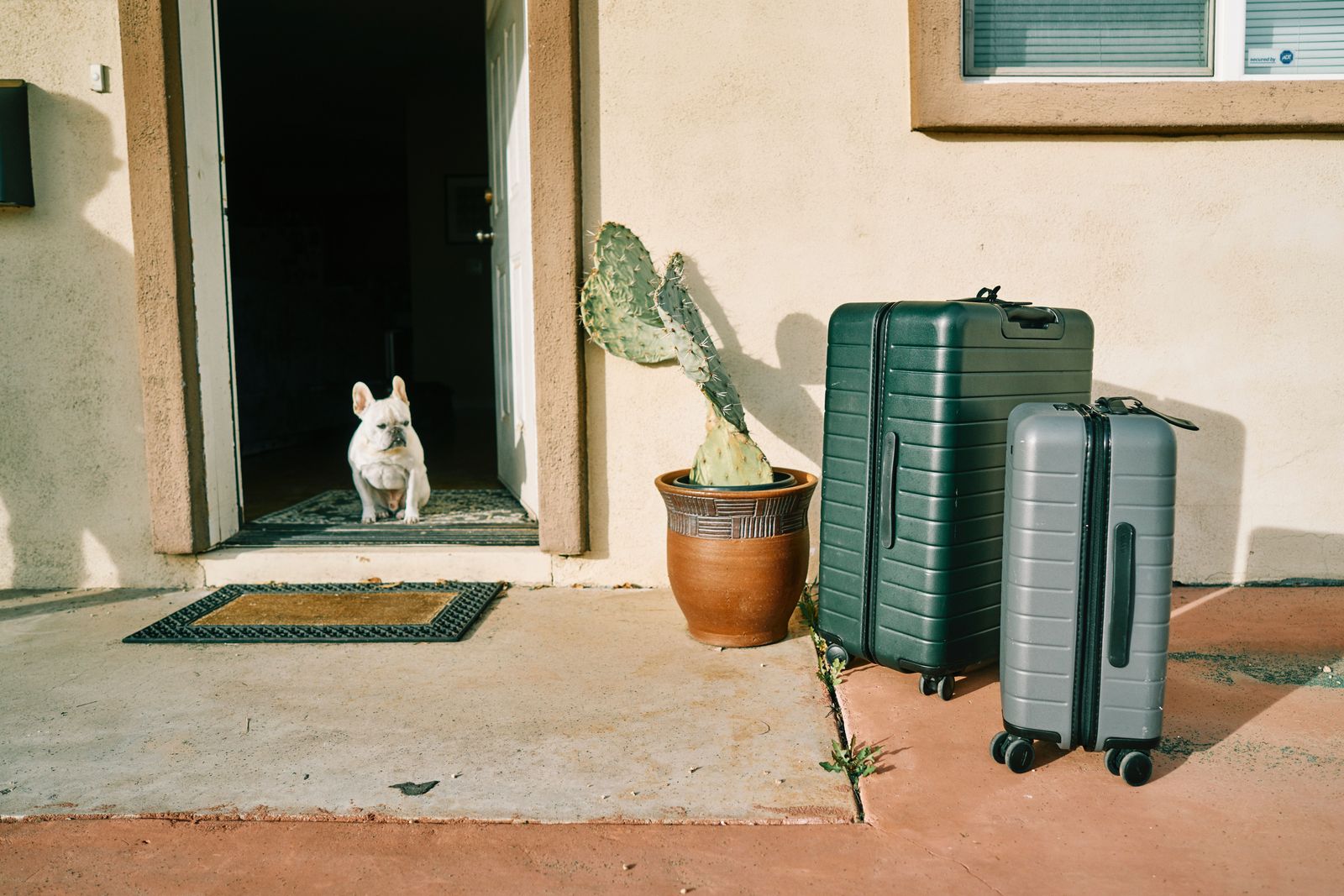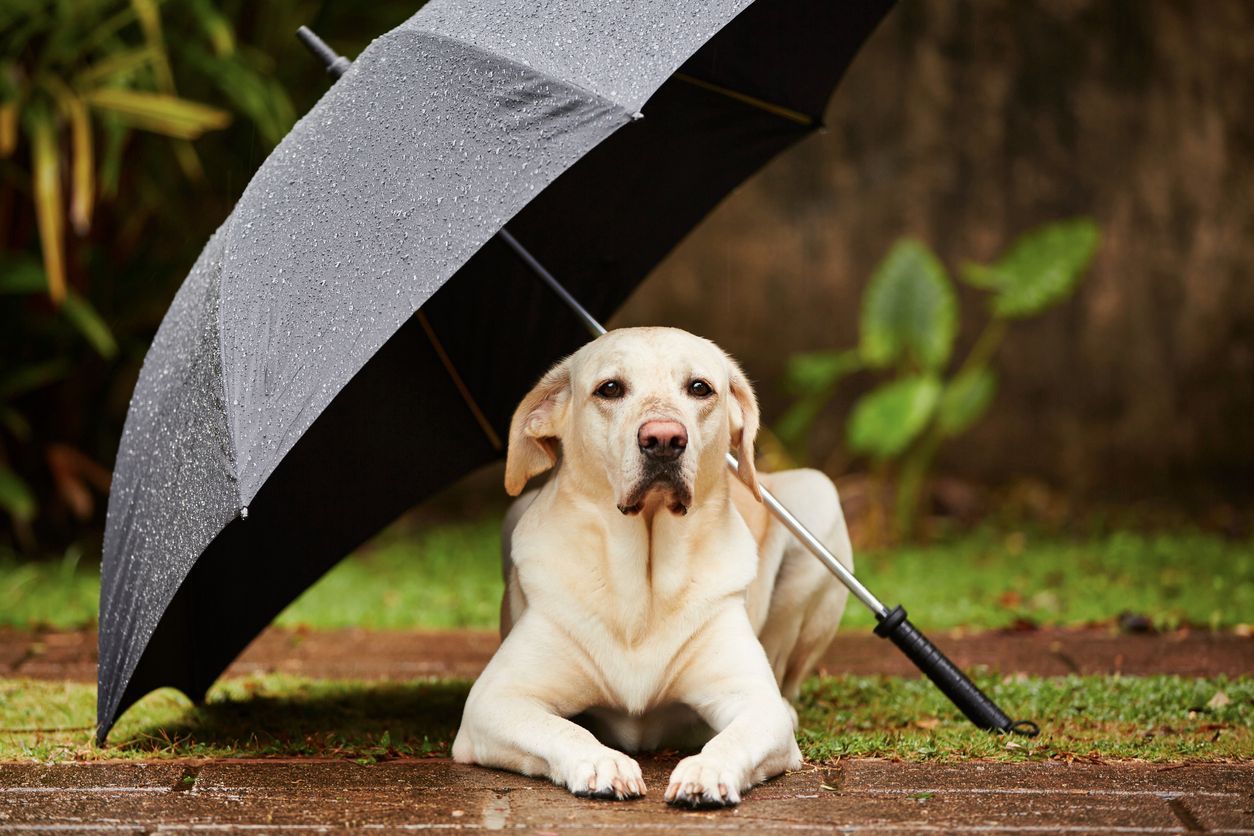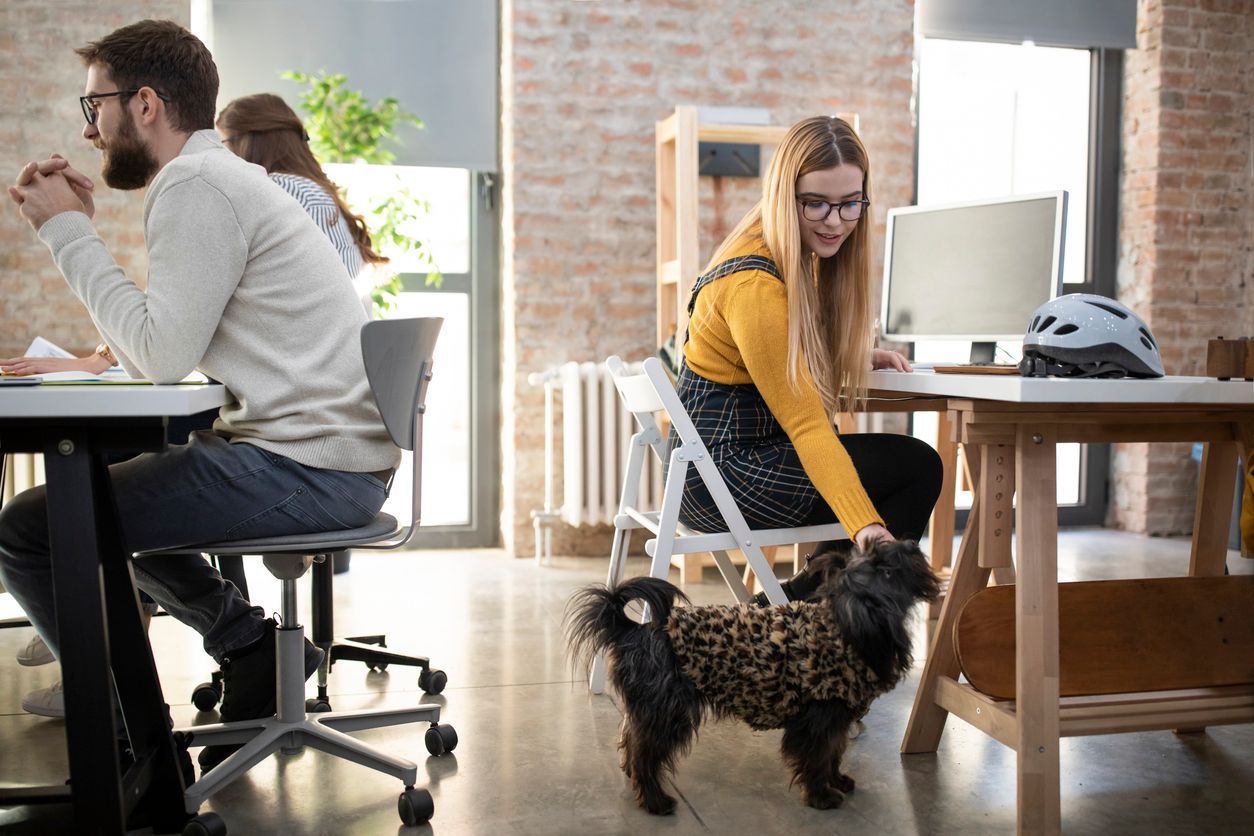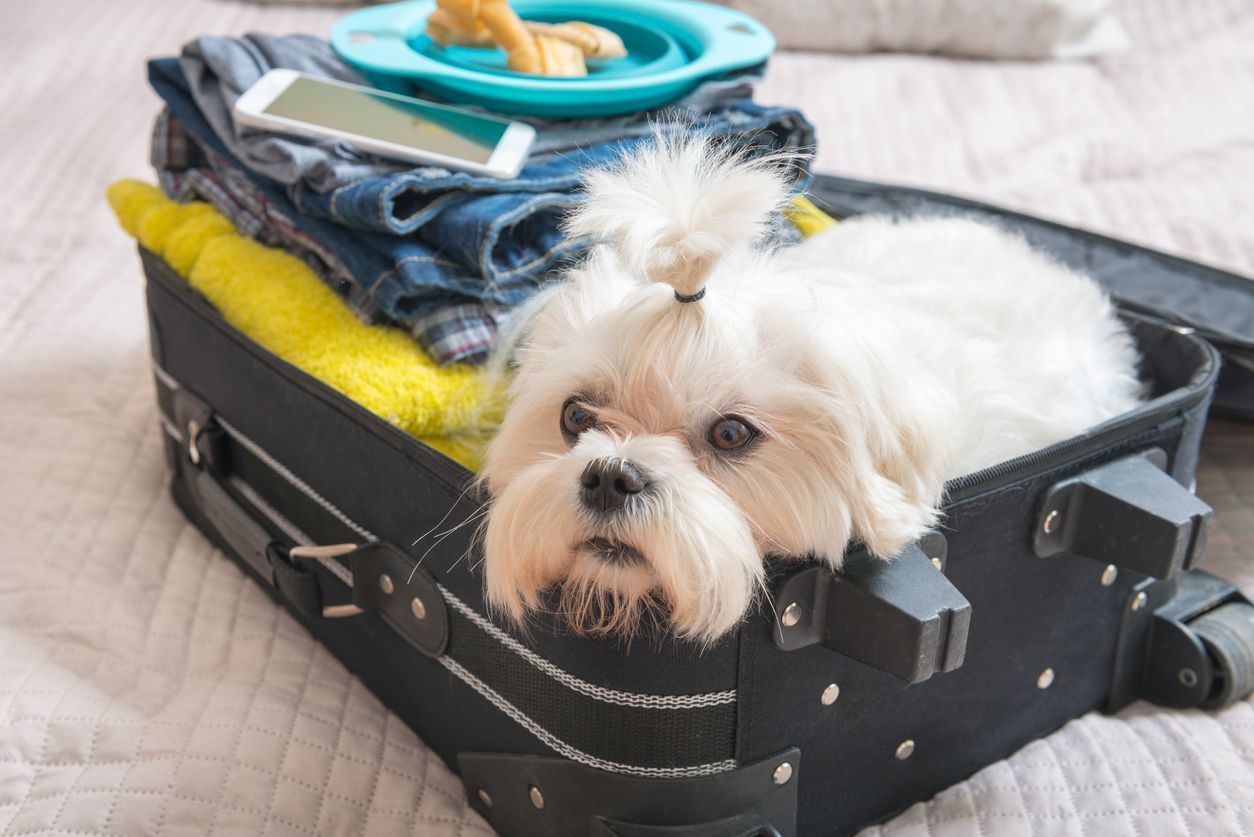Leaving pets at home while on vacation

Leaving your pet home for a vacation or even a long weekend can feel like you’ve left a part of yourself behind. Next thing you know, you’re screaming like Catherine O'Hara when she realizes she left her on-screen son at home during a family vacation.
Though leaving your furry (spikey, feathery…) bestie behind will never be easy, having a sound plan will make it less stressful for you and your pet.
The first step is deciding on the best pet sitting option for your circumstances. Available options include boarding your pet at a kennel, dropping them off at a family/friend/pet sitter’s home, or having someone to stay at your place. If you’re uncertain, consider trialing these pet sitting options while you’re accessible. A dry run can ensure your pet sitting option will keep your cutie happy and healthy while giving you peace of mind.
Here are some recommendations of what to do when you’re leaving your pet in someone else’s care:
Set your sitter up for success
The biggest nightmares for a pet sitter are sick pets, pets escaping, and medication mix-ups. Eating unusual foods often causes GI distress (messy as well as worrisome), so stock up on your usual food and treats so your sitter won’t need to substitute. Check leashes, collars, and harnesses for wear and proper fit so it’s easy for your sitter to keep your pet secure. If your dog will be left at home, let your sitter know if he is likely to try to charge out the door. If your pet takes medication, use a pill organizer to streamline the process for your sitter.
Update pet IDs
Ensure that your pet’s ID is up to date. Your doggo or kitty may want to plan a great escape to find their human best friend. Make sure their ID tag is legible and includes key information like contact information and any medical considerations. If your pet has a microchip, make sure your chip registration information is up to date. If pets are required to wear rabies tags in your jurisdiction, make sure you’re staying compliant with that as well.
Leave instructions in writing
It’s not necessary to write the great American novel, but be sure to provide your sitter with the relevant details about caring for your pet. Leave your sitter with both paper and digital copies of this information so they’ll have easy access to it.
Routines help our pets feel confident and cope with stress, so your instructions should focus on the basics:
-
Food: How much, how often, and when. It’s usually a given, but make sure your sitter knows to feed your pet only what you’ve provided.
-
Medication: Dosage, instructions on how to administer
-
Exercise: How much how often, and preferred routes
-
Emergency contacts: Provide your sitter with your contact information as well as phone numbers for your vet and closest emergency center. Keep in mind that your permission is required before your pet can receive medical care, so leave a letter explaining your sitter has permission to consent for medical care. Alternatively, call your vet to set this up in advance. If you’re a Vetster user, ask your sitter to download the app in advance of caring for your pet. This way your sitter will have easy access to a vet.
-
Vaccine records: Include a copy of your pet’s vaccination records and rabies certificates.
Set up a camera
You may want to set up a camera so you can check in on your pet while away. This way there’s no guessing about the well-being of your pet.
Alert your alarm company
If you have a home security service and you opted to leave your pets at home under the care of a pet/house sitter, talk to them about any special arrangements you should make.
Leave a piece of you behind
It’s human nature to be sad and worried about leaving your pet. You may feel better about this if you leave your pet with a blanket or shirt that smells like you.
Prepare your pet for transport
Ensure your sitter has everything they need to be able to transport your pet, particularly if your pet will be cared for in a home setting and not at a kennel.
Leave without a production
It can be tempting to want to have a seven-step goodbye with your pet. A cuddle, some head scratches, lots of treats, endless “I’ll miss you”s … but that can just add to your pet’s anxiety. Our pets look to us for how to react to new situations, so it’s important for you to remain calm and act like your departure is no big deal. Put on a brave face for your pet and casually leave them in the trusted care you’ve selected for them.
If your pet is wired for stress even under the best of circumstances, try using a scientifically-proven pheromone calming product like Adaptil for dogs or Feliway for cats. Use the product while you’re still home at first, then keep it available (with instructions) for your sitter.
Pack for your pet
If you’re dropping Fido off at a pet hotel, ask them what you should bring. As a general rule, commercial kennels don’t allow unnecessary personal items and keep it limited to the basics of food and medication.
If your pet will be cared for at a friend’s house, pack enough medication, food, and treats you want your pet to have, along with a little extra. Provide Fido’s harness and leash as well. If your sitter will be short on supplies, you may also need to include:
- Water and food bowls
- Toys
- Blankets
- Bed
- Poop bags/litter/extra litter/extra bags/litter scoop
Phone home
Keep in contact with your sitter to make sure all is going according to plan. This could give you peace of mind by letting you know your pet is having a great time and is happy and healthy.










